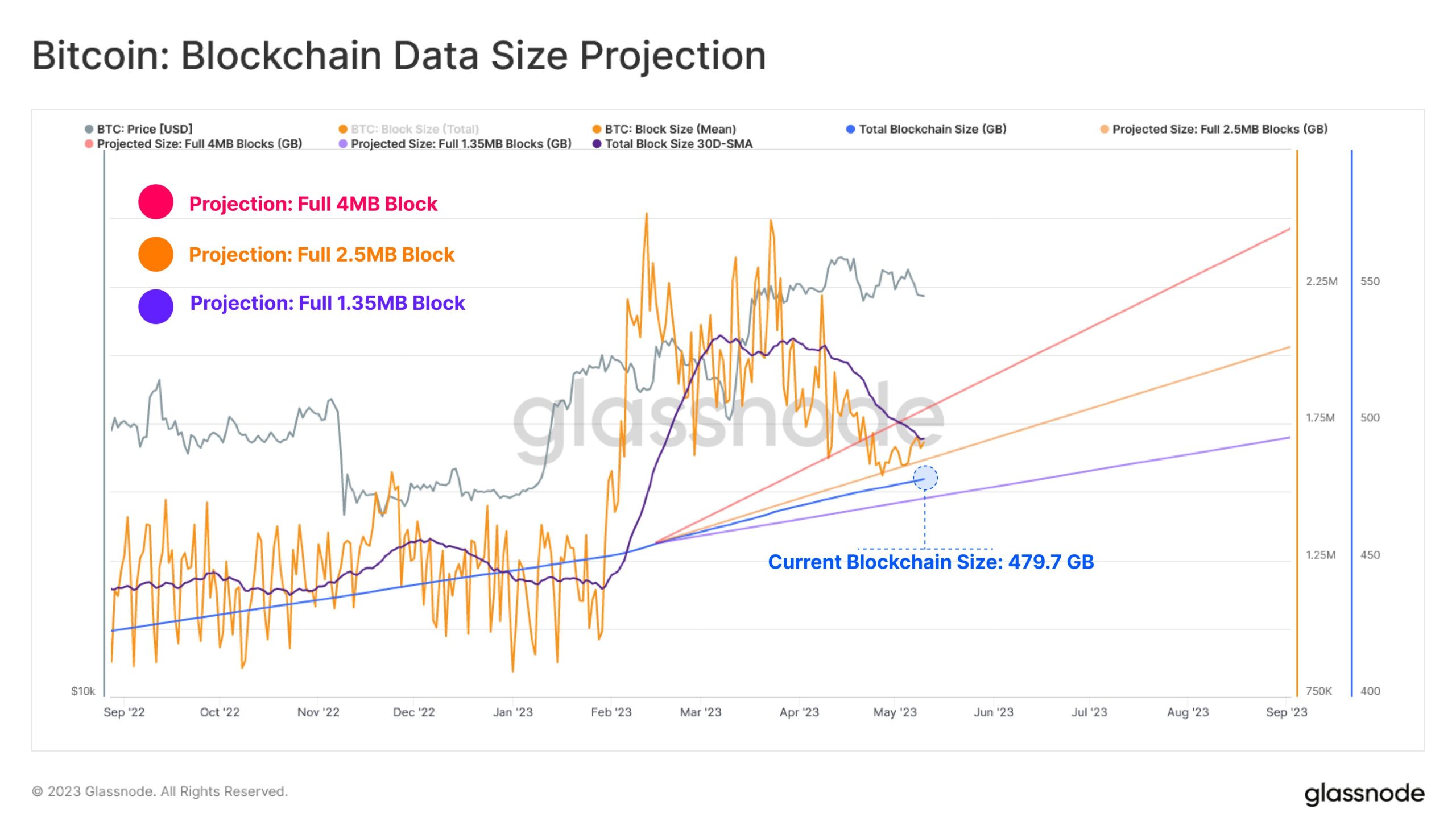
2024-5-31 16:40 |
Vitalik Buterin, co-founder of Ethereum, has provided a detailed reflection on the Bitcoin block size wars, a significant conflict within the Bitcoin community that spanned from 2015 to 2017. This debate centered on whether to increase Bitcoin’s block size limit from 1 MB to accommodate more transactions, thereby reducing fees and enhancing its utility as a payment system.
Buterin, who experienced the block size war firsthand, initially aligned with the “big blockers.” This group advocated for larger blocks to keep transaction fees low, maintaining Bitcoin’s role as digital cash. They argued that Bitcoin’s original vision, as outlined in its whitepaper, was to serve as a peer-to-peer electronic cash system. Big blockers believed increasing the block size was essential to prevent high fees from undermining this use case. They also referenced Satoshi Nakamoto’s writings, which suggested that larger blocks could be managed through simplified payment verification and hard forks to phase in block size increases.
Conversely, the “small blockers” prioritized maintaining Bitcoin’s decentralization and security. They argued that larger blocks would make it more difficult and costly for individuals to run nodes, potentially centralizing control among a few large entities. Small blockers were concerned that frequent and significant changes to the protocol, primarily through hard forks, could undermine Bitcoin’s stability and governance model. They believed that Bitcoin should remain a decentralized store of value, akin to digital gold, rather than focusing on being a payment system.
Buterin’s reflections reveal a nuanced understanding of both sides. He acknowledged that while he believed big blockers were right about needing larger blocks to keep fees low, they often lacked the technical competence to implement their solutions effectively. He criticized the big blockers for not agreeing on realistic limits for block size increases and for their technical missteps, such as the poorly executed Bitcoin Classic and Bitcoin Unlimited projects. These projects were marred by security vulnerabilities and overly complex implementations, ultimately discrediting the big block movement.
On the other hand, Buterin found the small blockers’ approach to governance and protocol changes overly conservative. He disagreed with their rigid stance against hard forks and their reliance on soft forks, which he viewed as unnecessarily complex. He also criticized the small blockers for their alleged social media censorship and the exclusion of dissenting views, which stifled open debate within the community.
In assessing the long-term implications, Buterin highlighted a recurring issue in political and organizational conflicts: the “one-sided competence trap,” where one side monopolizes competence but fails to consider broader perspectives. This dynamic in the blocksize war hampers constructive dialogue and progress. “Smart people want to work with other smart people,” Buterin noted, stressing the importance of balanced and inclusive approaches to avoid such traps.
Buterin also criticized the lack of technological foresight in the debates, pointing to the absence of discussions on zero-knowledge proofs (ZK-SNARKs), which could have offered scalable solutions. “The ultimate diffuser of political tension is not compromise, but rather new technology,” he asserted, advocating for continued innovation to address scalability and governance challenges.
Reflecting on Ethereum’s development, Buterin noted how lessons from Bitcoin’s block size wars informed Ethereum’s emphasis on client diversity and scalable layer 2 solutions. He emphasized the importance of learning from past conflicts to build more resilient and pluralistic digital communities. “Ethereum’s explicit attempt to foster a pluralistic ecosystem is largely an attempt at avoiding one-sided competence traps,” he concluded, highlighting the value of inclusive governance and technological advancement.
Buterin’s perspective highlights the broader implications of the block size war for the crypto community. He sees it as a cautionary tale about the dangers of one-sided competence traps, where one faction monopolizes technical expertise but pushes a narrow agenda while the opposition fails to develop the necessary skills to implement its vision. This dynamic, he argues, can lead to stagnation and internal conflict.
Ultimately, Buterin believes that the resolution of such conflicts lies in embracing new technologies that can address the concerns of both sides. He points to advancements in ZK-SNARKs and other scalability solutions as potential ways to reconcile the need for low fees with the imperative of maintaining decentralization. By focusing on technological innovation, Buterin hopes that the crypto community can move beyond divisive debates and work towards more inclusive and practical solutions.
Buterin’s reflections on the Bitcoin block size wars emphasize the importance of balancing decentralization, technical competence, and innovative solutions in the evolution of crypto ecosystems. His insights provide an interesting lens through which to understand the complexities of Bitcoin’s past and the ongoing challenges facing digital currencies.
The post Vitalik Buterin critiques Bitcoin’s block size war, calls for innovation appeared first on CryptoSlate.
origin »Bitcoin price in Telegram @btc_price_every_hour
Bitcoin (BTC) íà Currencies.ru
|
|





























